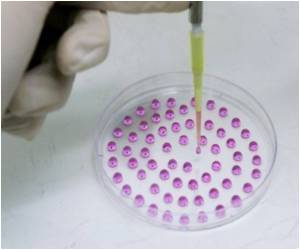A pair of histone proteins that enhance the generation of induced pluripotent stem cells may be the key to generating induced totipotent stem cells, say researchers.

The study, published today in the journal Cell Stem Cell and led by Dr. Shunsuke Ishii from RIKEN, sought to identify the molecule in the mammalian oocyte that induces the complete reprograming of the genome leading to the generation of totipotent embryonic stem cells. This is the mechanism underlying normal fertilization, as well as the cloning technique called Somatic-Cell Nuclear Transfer (SCNT).
SCNT has been used successfully to clone various species of mammals, but the technique has serious limitations and its use on human cells has been controversial for ethical reasons.
Ishii and his team chose to focus on two histone variants named TH2A and TH2B, known to be specific to the testes where they bind tightly to DNA and affect gene expression.
The study demonstrates that, when added to the Yamanaka cocktail to reprogram mouse fibroblasts, the duo TH2A/TH2B increases the efficiency of iPSC cell generation about twentyfold and the speed of the process two- to threefold. And TH2A and TH2B function as substitutes for two of the Yamanaka factors (Sox2 and c-Myc).
Source-Eurekalert










